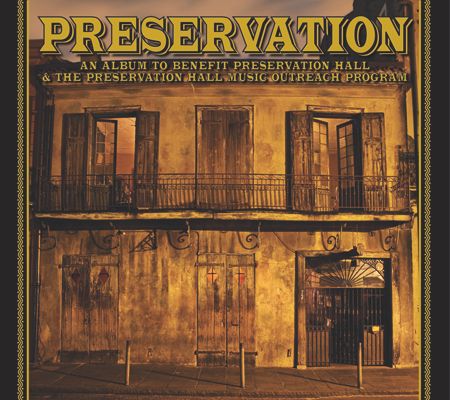LOUIS ARMSTRONG
from biographyshelf.com

Known for his brilliant improvisation techniques both onstage and during recordings, Louis Armstrong became one of the Jazz movement’s most important musicians. As his trumpet would cease, his voice would shine. Able to perform and improvise with his voice as much as with his trumpet, he laid the foundation for a long-lasting, ideal and charismatic career.
Born into the poverty of southern Louisiana, young Louis listened to music whenever he had the chance. The first instrument he learned to play was the brass cornet, which he obtained thanks to a small loan from another family. He even played in a few southern get-togethers and was astonished by the playing of Joe King Oliver, who was Armstrong’s early inspiration.
 By his latter teenage years, Louis Armstrong moved to Chicago to play with Oliver – where Jazz was hot and the hottest band was Oliver’s. In these early and influential years, he was even a part of the band’s recordings, where one can easily hear Armstrong’s back-up cornet and snippets where Louis would be given a solo.
By his latter teenage years, Louis Armstrong moved to Chicago to play with Oliver – where Jazz was hot and the hottest band was Oliver’s. In these early and influential years, he was even a part of the band’s recordings, where one can easily hear Armstrong’s back-up cornet and snippets where Louis would be given a solo.As the Chicago experience came and went, Armstrong saw greater opportunity in New York, where he would play the trumpet with the biggest Jazz band of the day, the Fletcher Henderson Orchestra. After his success in New York, Armstrong headed back to his beloved Chicago where he began recording his own songs – an eclectic mix of Jazz music. His first hits were Potato Head Blues, West End Blues and later in his career, he released Hello, Dolly, which topped the British charts followed by the charts in the U.S.
 In 1929, Armstrong toured Europe and had profound success. When he came back to the United States, he relentlessly toured for the next three decades. He released such hits as What a Wonderful World, Stardust, and the catchy Dream a Little Dream of Me. His gregarious attitude and wide grin aided him during his onstage performances. People of all backgrounds loved his music. And, while no official autobiography was ever released, the development of his vocal recordings only caused his success to mushroom beyond his creative brass talents where everyone would recognize his distinct sound.
In 1929, Armstrong toured Europe and had profound success. When he came back to the United States, he relentlessly toured for the next three decades. He released such hits as What a Wonderful World, Stardust, and the catchy Dream a Little Dream of Me. His gregarious attitude and wide grin aided him during his onstage performances. People of all backgrounds loved his music. And, while no official autobiography was ever released, the development of his vocal recordings only caused his success to mushroom beyond his creative brass talents where everyone would recognize his distinct sound. SESSION PHOTOS BY ERIKA GOLDRING
SESSION PHOTOS BY ERIKA GOLDRINGTHE SONG:
"Rockin' Chair"
(Hoagy Carmichael) Songs of Peer, LTD
Louis Armstrong - vocals
Mark Braud - trumpet
Charlie Gabriel - clarinet
Rickie Monie - piano
Joe Lastie - drums
Louis Armstrong appears courtesy of CMG
About the track:
"...engineer Earl Scioneaux used an old recording of Louis Armstrong singing, a recording where the band was fairly low in the mix. When the Preservation Hall musicians recorded the song Rocking Chair, they did it in the tempo of the original recording that Armstrong did, and then Earl Scioneaux used his years of engineering skills to nudge the Louis Armstrong vocals right into the right places. He had to lose some of the trumpet that overlapped the voice until it sounds just right... and it does."
AS PERFORMED BY LOUIS ARMSTRONG WITH JACK TEAGARDEN:
HEAR "ROCKIN' CHAIR" ON NPR'S ALL SONGS CONSIDERED
PRESERVATION HALL - OFFICIAL WEBSITE
LEARN MORE ABOUT "PRESERVATION"

AS PERFORMED BY LOUIS ARMSTRONG WITH JACK TEAGARDEN:
HEAR "ROCKIN' CHAIR" ON NPR'S ALL SONGS CONSIDERED
PRESERVATION HALL - OFFICIAL WEBSITE
LEARN MORE ABOUT "PRESERVATION"






No comments:
Post a Comment